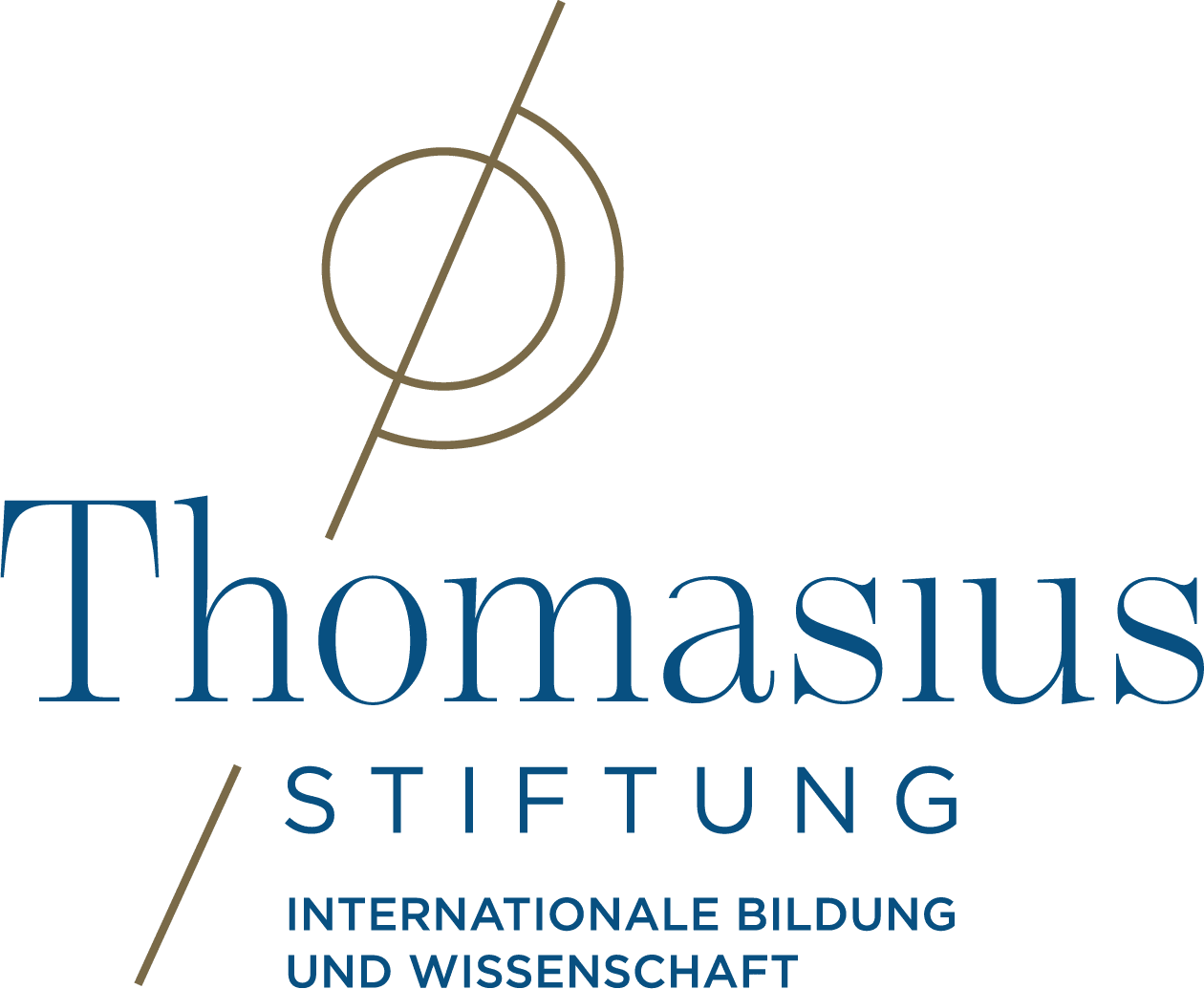Humanities
Current global challenges, such as political, religious, cultural and economic tensions or irreversible environmental changes, scarcity of resources, migration and demographic change, reveal themselves, in view of their social causes, to be unsolvable by purely technical measures. Different perceptions, interpretations and value attributions influence decisions and actions just as strongly as financial incentives or questions of technical feasibility.
It is primarily the humanities that can make visible the invisible causes of such conflicts and blockages and reveal new horizons of thought.
In their basic functions – preserving, interpreting, evaluating, thinking ahead, orienting – the humanities reflect historically developed criteria and standards for evaluating modernization processes and are able to explain the attribution of meaning and actions of individuals and collectives, to show alternative possibilities for action and solutions and to anticipate future expectations and reactions within societies and cultures.
The humanities transform facts into relevant and guiding findings, thus creating a practically effective orientation knowledge and enabling effective communication and dissemination of findings. In the process of globalization, these competencies enable better understanding between regions and countries, between continents, between cultures and religions.
Thomasius-Stiftung realizes and supports projects that, based on humanities research, focus on global challenges of the present and provide analyzes for decision-makers.
